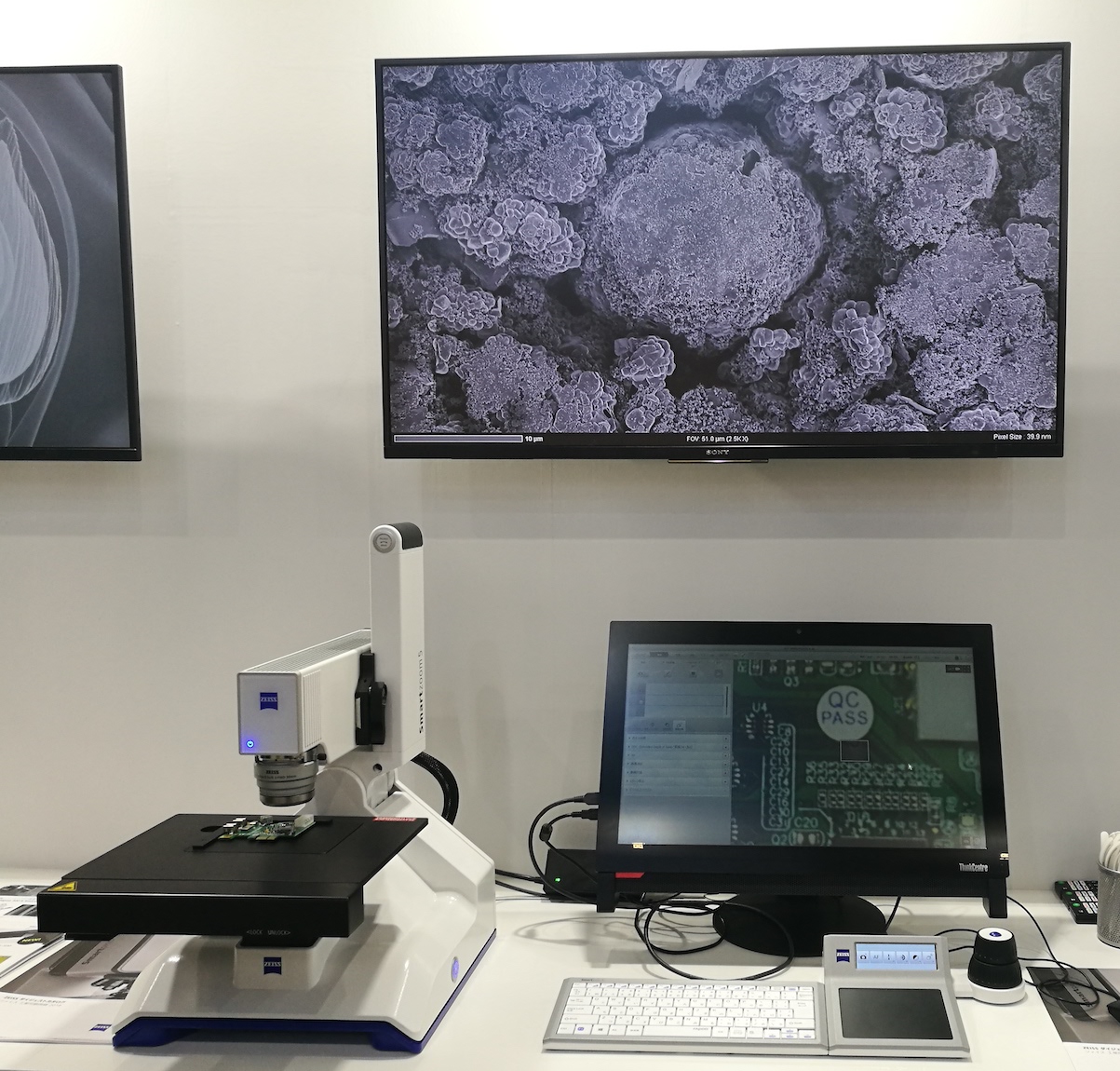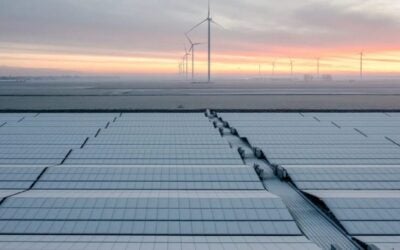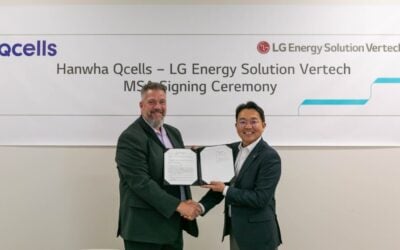
With the US having rejoined the Paris Accord on the climate crisis last week, President Joe Biden has now signed an Executive Order which identifies the importance of mitigating risks in the supply chain for “large capacity batteries”.
The Executive Order on ’Securing America’s critical supply chains’ was signed yesterday (24 February 2021). The White House issued a statement which spelled out that in recent years, there have been shortages of essential products in the country, “from medicine to food to computer chips”.
The “unacceptable” lack of adequate personal protection equipment (PPE) for frontline medical workers and shortages of automotive semiconductor chips forcing slowdowns in car manufacturing lines were identified as two prominent examples.
Biden and his administration has launched a comprehensive review of US supply chains, directing federal Departments and Agencies to find ways to secure those supply chains. The White House statement said that this can protect the country from a number of risks including natural disasters and actions taken by foreign competitors or adversaries, while also helping create decent employment opportunities at home.
Try Premium for just $1
- Full premium access for the first month at only $1
- Converts to an annual rate after 30 days unless cancelled
- Cancel anytime during the trial period
Premium Benefits
- Expert industry analysis and interviews
- Digital access to PV Tech Power journal
- Exclusive event discounts
Or get the full Premium subscription right away
Or continue reading this article for free
While the Executive Order therefore encompassed materials and goods in a number of different sectors, “large capacity batteries, such as those used in electric vehicles” were on a list of four immediate priority items. A 100-day review across federal agencies that will address vulnerabilities in their supply chains will begin. The review is intended to to identify near term steps that could be taken.
That list also included semiconductors and critical minerals, which could also be directly relevant to clean energy technologies to combat climate change, but the statement was most explicit in spelling out the climate benefits of batteries.
“As we take action to tackle the climate crisis, we know that will lead to large demand for new energy technologies like electric vehicle batteries. By identifying supply chain risks, we can meet the President’s commitment to accelerate U.S. leadership of clean energy technologies,” The White House said.
While the US exports electric cars, it is “not a leader in the supply chain associated with electric battery production” and the country could “better leverage our sizeable lithium reserves and manufacturing know-how to expand domestic battery production”.
Over the last couple of years, the European Union has moved quickly to establish battery supply chains outside of Asia, where the vast majority of the world’s production is, most notably in China. In addition to establishing a multi-billion Euro drive to set up battery factories — there are more than 20 multi-gigawatt lithium battery factories being built on the continent — the European Commission in September added battery materials including lithium to a list of raw materials deemed essential to secure supply of domestically.
It has also issued a Directive on battery supply sustainability which includes carbon footprint reporting and minimum recycling which comes into effect gradually in the coming years. Besides Tesla’s Nevada Gigafactory, the US meanwhile has only a couple of large battery factories being built, mostly by overseas businesses. However, also in September last year, four key US government departments jointly established a Federal Consortium for Advanced Batteries (FCAB), which the Department of Energy (DoE) said will “accelerate the development of a robust, secure, domestic industrial base for advanced batteries”.





